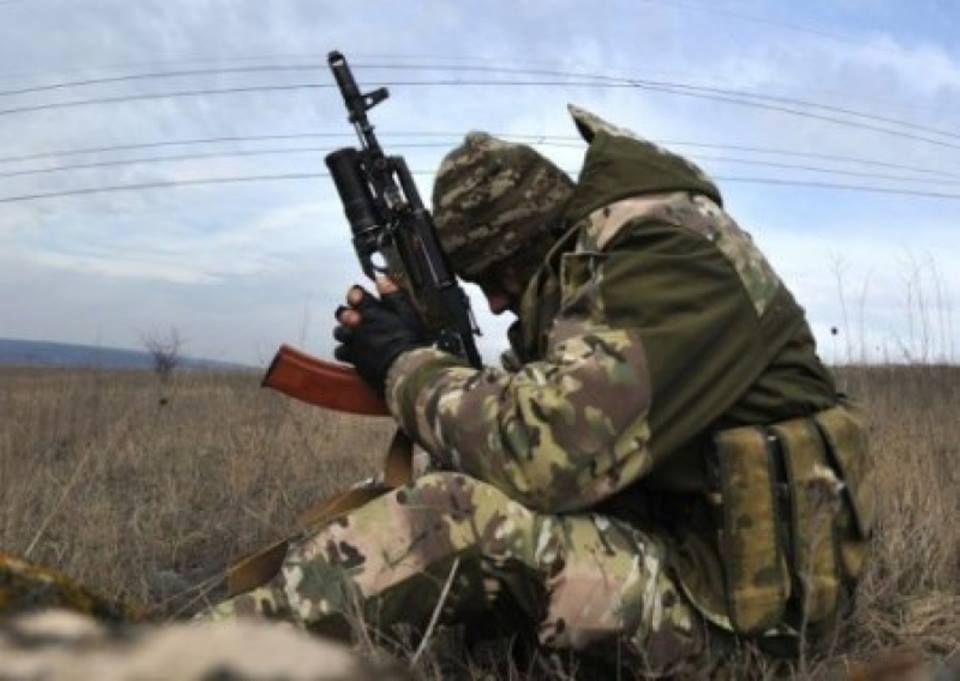The discussions we observed during the debate (in Verkhovna Rada) on parliamentary amendments to the law on the special status of certain areas of the Donbas, as well as the angry reaction to these events by Russian diplomats and the representatives of the so-called “people’s republics,” demonstrate that we are in fact dealing with a compromise document.
Ukrainian parliamentarians cannot accept the logic of a law that gives some kind of special status to territories that are in fact occupied. This is exactly why it became necessary to simultaneously accept both the draft law and the amendments to the law regarding the occupied territories. Russia and the “separatists” cannot accept the idea that the special status will begin only after the end of the armed conflict, the withdrawal of foreign troops and mercenaries, and the holding of free elections in accordance with Ukrainian law (and under international observation — Ed.).
After all, it may appear that this is what compromise looks like. Ukraine agrees to some special status for the areas that are in fact occupied by Russia in the hope of ending the war and beginning normal life. And Moscow agrees to free elections provided they respect the “rights of the Donbas residents,” as prescribed by law. But all this would look like a compromise only if it actually dealt with real problems. If the “rights of Donbas residents” were indeed being violated and if it did not involve a region whose authorities have systematically uprooted the Ukrainian language from the educational process and the “main party,” for whom almost all these residents have voted, had not promised to make Russian the state’s language throughout the country. It would be a compromise if the idea of European integration, during the time that this same “main party” was for it, had not received the approval of most of the residents of the region, momentarily forgetting about the Customs Union and related pleasures. And if the European integration had not also been approved by those who remembered about integration with Russia only against the background of Maidan and the Russian occupation. Finally it would be a compromise if the attitude in the liberated territories of Ukraine had not differed so strikingly from the attitude in the so-called “DNR.” However, in all honesty, what do we know about attitudes in “DNR” or how they would change if Russian troops left?
But since there are no compromises in the virtual world, we’re dealing rather with profound mutual distrust. In Ukraine no one believes that the law will work because they do not harbor any particular illusions about the withdrawal of the occupiers. The main Ukrainian hope is not that the occupier will leave but that he will refrain from a major war and will not advance on Mariupol or Kharkiv. Therefore, the new law with all its amendments is seen in Kyiv as tribute paid to the diplomatic protocol. In Ukraine, “DNR” and “LNR” could have just as easily been declared emirates.
But in Russia the Ukrainian actions may be perceived as a desire to cheat — look, they say, the laws are passed but they do not want to feed the Donbas. On the one hand, they demand that the Russian side leaves, on the other hand, they provide no safety guarantees for the “quislings” (collaborators — Ed.) under whose care the Russians would like to leave the Donbas. And if Russia decides to support “its own” with force, then it may face new sanctions from the West, which the Kremlin absolutely does not need. This is why Russians find the Ukrainian steps so objectionable. Even if the Ukrainians had passed the law without any amendments, Moscow would have viewed it with irritation and suspicion because any step taken by Ukraine requires an appropriate step taken by Russia. And no one in Moscow is ready for the appropriate Russian steps.
Therefore, the main question after the adoption of the Ukrainian law is not if it will be executed. The main question is whether or not Putin will dare embark on a new war. If not, the future of the Donbas will be decided without any special status, even if the notorious law is put into practice. If yes, then laws will no longer matter either for Ukraine or the world.








